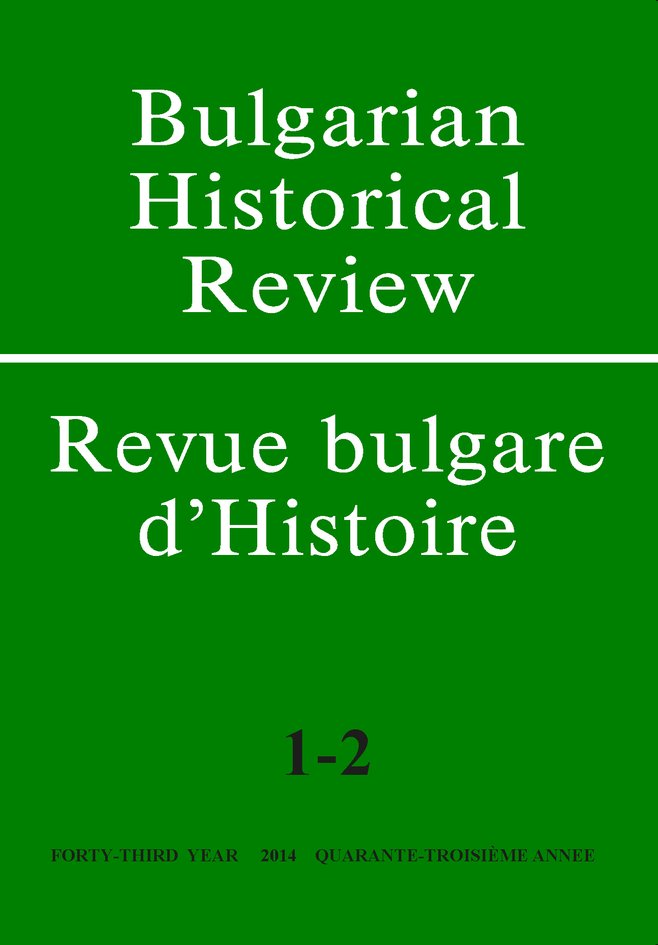Bulgarian Historical Review
Edition of the Institute for Historical Studies at the BAS
Democratic Transition and Consolidation in Spain, Portugal and Greece
Bulgarian Historical Review, 53 (2025), No. 1, pp. 116-144
DOI: https://doi.org/10.71069/BHR1.25.ZJ05
Zoran R. Jovović
Zoran R. Jovović, MSc, PhD student - Faculty of Philosophy, University of Montenegro, Danila Bojovića bb, ME-81400 Nikšić, Montenegro, E-mail: jovoviczoran70@gmail.com
Abstract: By transitioning to democracy in the 1970s, Spain, Portugal, and Greece aligned themselves with what Samuel P. Huntington described as the “third wave of democratization.” To interpret and explain the historical simultaneity of democratic transitions in Spanish, Portuguese, and Greek societies, this article approaches the issue through a comparative lens. It examines how specific political and other domestic actors – political parties, leaders, movements, as well as external ones, such as the EU and NATO – have influenced democratic politics and contributed to the consolidation of governance systems in Spain, Portugal, and Greece. The article argues that the democratic transitions in Southern Europe were swift and successful. They represented a direct leap, in the 1970s, from the (semi)periphery to the core of the global system (independent states with consolidated democracies). This study considers the existing scholarly output on the memory of democratic transitions and the political dynamics centered on this past in Spanish, Portuguese, and Greek societies. In addition, it provides an original comparative analysis and identifies both shared characteristics and distinct specificities of these processes in the societies and states of Southern Europe.
Keywords: democratic transition, democratic consolidation, Spain, Portugal, Greece
The fulltext of this article can be purchased on CEEOL: https://www.ceeol.com/search/journal-detail?id=125

